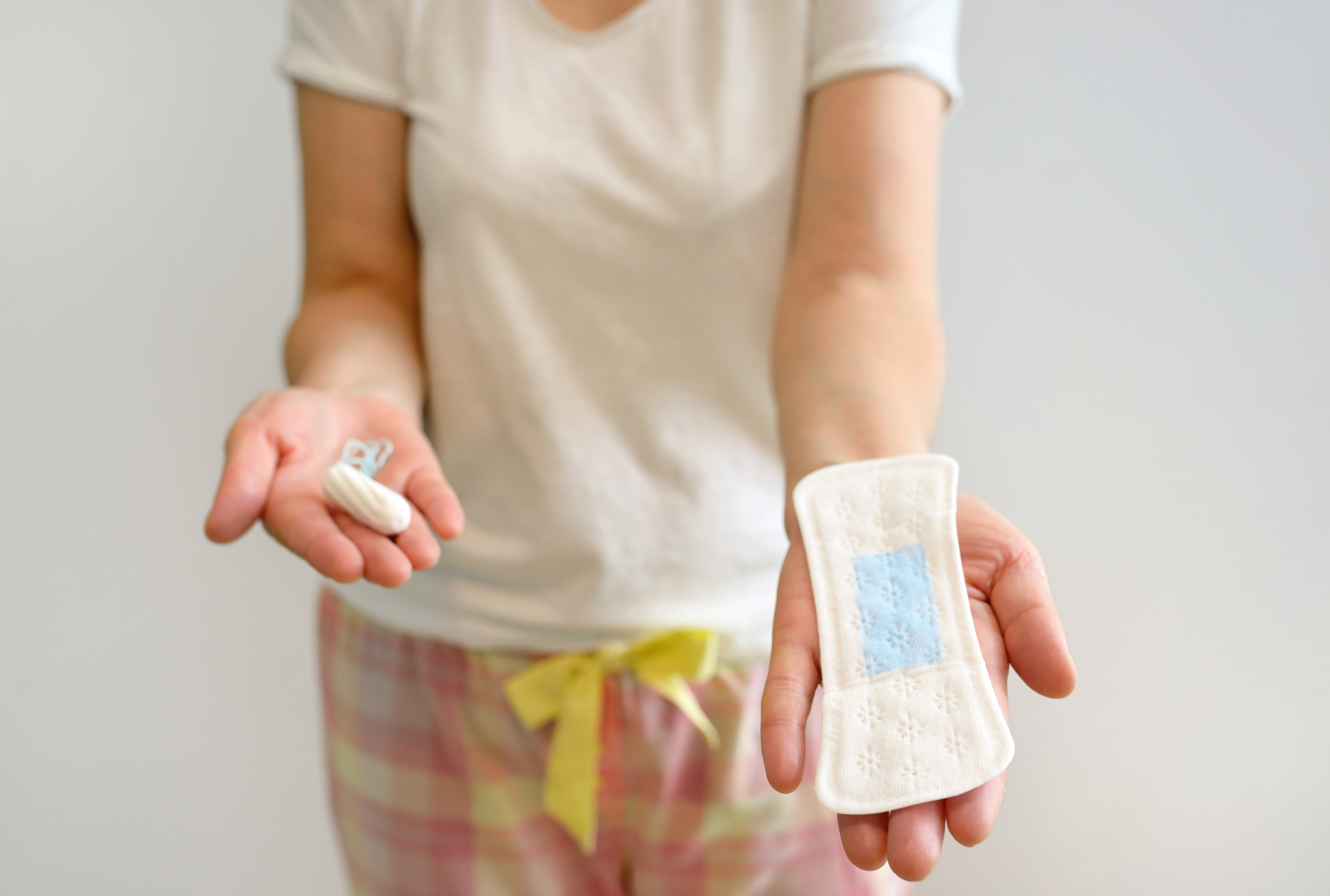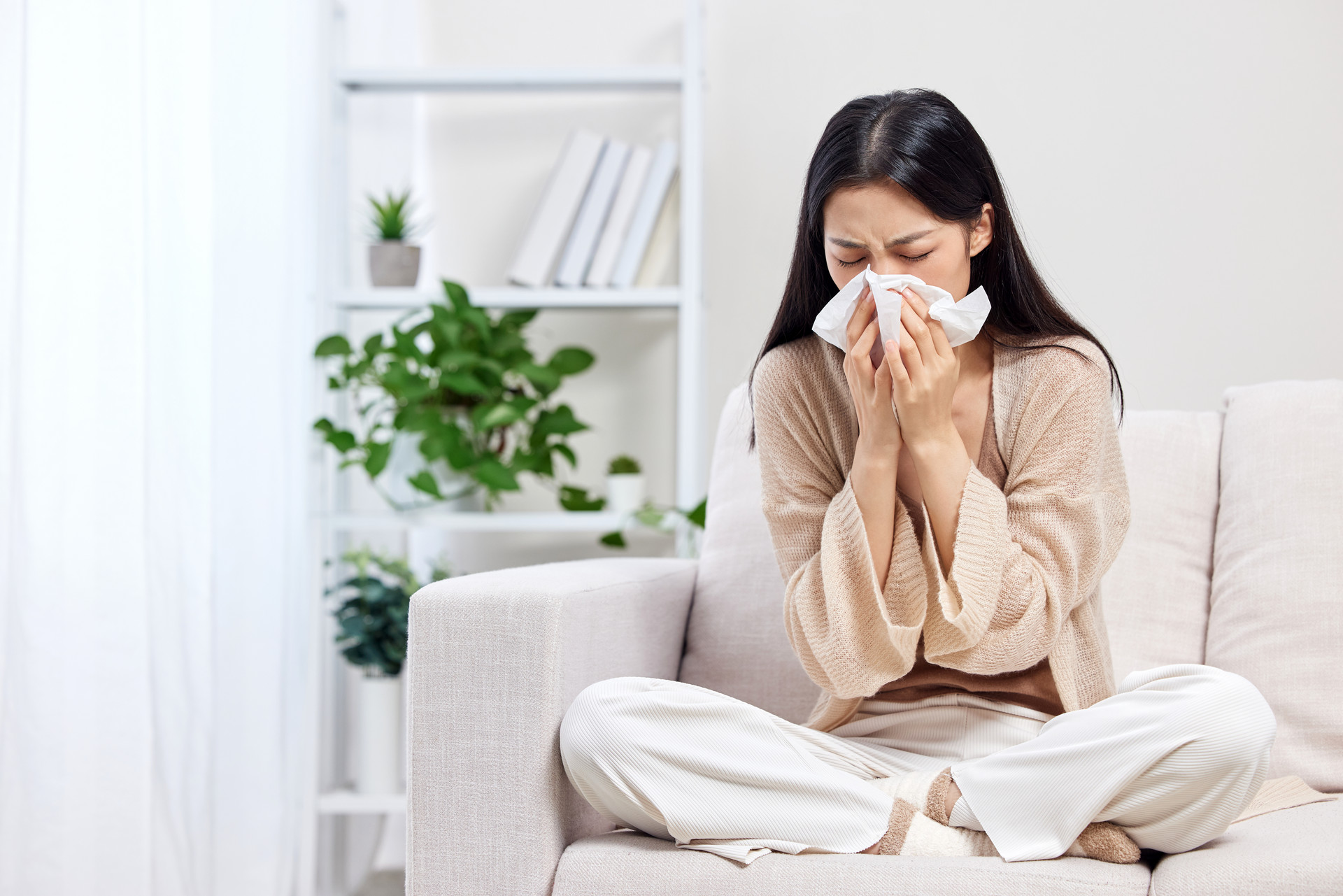Women aged 45 to 55, especially those going through menopause, may have concerns and even panic due to lack of understanding. It is essential to have a correct understanding of menopause and take preventive measures, such as maintaining a balanced diet and engaging in appropriate physical exercise, in order to reduce the troubles caused by this condition.
Menopausal discomfort is unavoidable
Menopausal syndrome refers to a syndrome characterized by disorders of the vegetative nervous system and accompanying neurotic and psychological symptoms caused by fluctuations or declines in estrogen levels. It mostly occurs between the ages of 45 to 55. The disease mainly includes physical and psychological changes. Physical changes include changes in menstruation, changes in the urinary and reproductive systems, calcium loss in bones, increased risk of lipid metabolism disorders, atherosclerosis, and cardiovascular and cerebrovascular diseases. In addition, symptoms such as hot flashes, sweating, palpitations, and dizziness may occur due to vasomotor dysfunction. Psychological changes mainly manifest as mental symptoms, often accompanied by anxiety, depression, restlessness, mood swings, irritability, decreased memory, lack of concentration, insomnia, and vivid dreams.
Menopause is a physiological period that women must go through in their lifetime, and it is inevitable to experience a series of discomfort symptoms. In recent years, traditional Chinese medicine has achieved good results in the treatment of menopausal symptoms by distinguishing and treating the complex syndrome of deficiency and excess, cold and heat, and multiple organ involvement. The clinical application of non-drug therapies in traditional Chinese medicine, such as acupuncture, rectal instillation of Chinese herbal medicine, iontophoresis of Chinese herbal medicine, foot baths with Chinese herbal medicine, and topical application of Chinese herbal medicine to the external genitalia and vagina, has also accumulated a wealth of clinical experience in the diagnosis and treatment of diseases.
Psychological adjustment is crucial
In addition, mental and psychological adjustment is crucial in the treatment of this disease. With the development of society, the acceleration of the pace of life, and the enhanced sense of competition, women are under increasing pressure from society, family, and career. Emotional disturbances can interfere with the smooth flow of Qi and become pathogenic factors. Regulating emotions is an important means of improving the Qi stagnation constitution. As stated in the "Su Wen: Yin Yang Ying Xiang Da Lun", "People have five viscera that transform into five Qi, giving rise to joy, anger, grief, worry, and fear." This is the normal change of emotions in human beings, but excessive emotions can lead to dysfunction of the viscera and induce diseases. The occurrence of this disease is closely related to social and psychological factors.
For women, menopause is not only the end of the reproductive period but also the beginning of another important stage in life. Incorporating stress reduction techniques into daily life, such as encouraging the use of "self-suggestion methods," "breathing exercises," "attention focusing," "relaxation training," and encouraging menopausal women to engage in activities they are interested in, such as painting, singing, writing, and exercise, can help reduce social and psychological stress, eliminate negative emotions, and provide comfort and encouragement in the psychological aspect. This helps maintain an optimistic mood, improve mental health, and is not only beneficial for the prevention and treatment of symptoms before and after menopause but also has important implications for preventing diseases in old age.
Diet and appropriate exercise
"Dietary moderation" is an important means of improving phlegm-dampness constitution and yin deficiency constitution. Diet is the source of vital essence for the transformation of water and grain. A balanced diet provides material support for life activities. At the same time, menopausal women should also engage in appropriate exercise, such as yoga and Tai Chi. Yoga can improve the discomfort symptoms of menopausal women. For example, the forward bending movements in yoga can massage the neuroendocrine glands, such as the thyroid and adrenal glands, to adjust the emotional instability and insomnia caused by hormonal imbalances in menopausal women. It can stimulate the body's glands and nervous system to return to their natural state and improve any imbalances. Tai Chi exercise has beneficial regulatory and promotive effects on the cardiovascular system, respiratory system, musculoskeletal system, nervous system, immune system, endocrine system, metabolic capacity, and psychological function of the human body.






